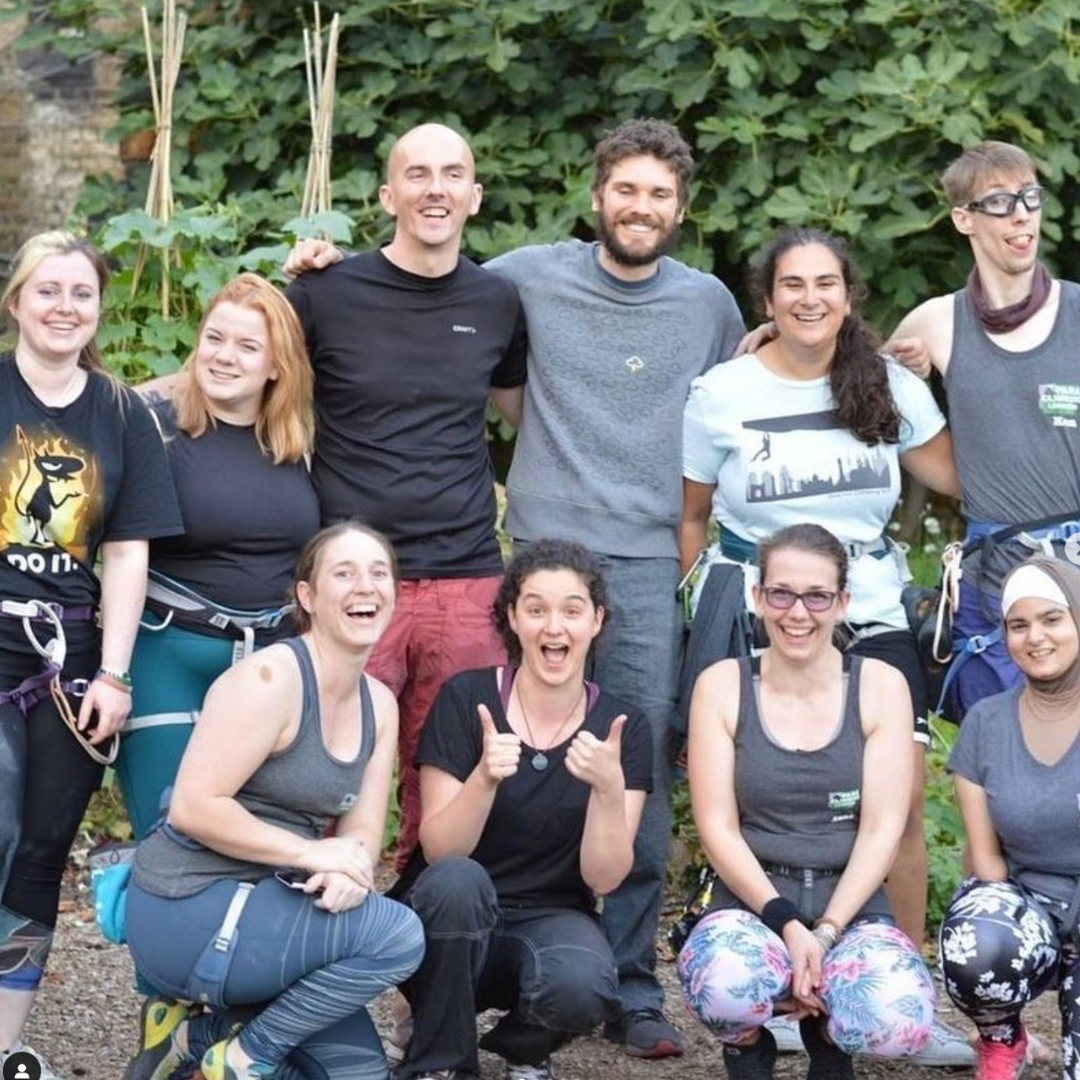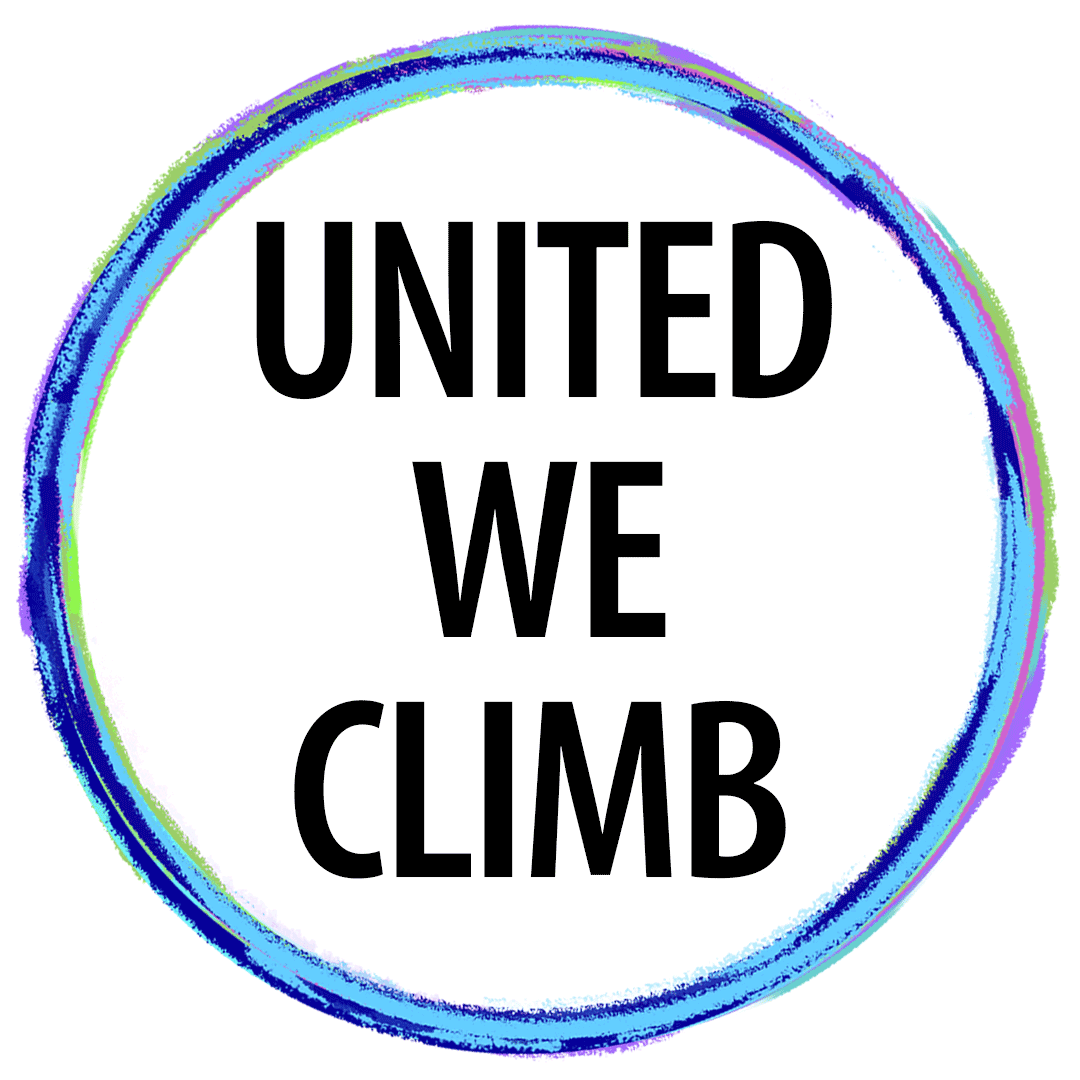
Blog

Community: a world apart for people of colour - Beta Magazine Feature
What does community mean? Why do we need safe spaces for people of colour? And why is community work important? In this article in Beta Magazine, Marie Uri & Adya Misra, come together to talk about their communities and answer these questions.

The Rise of the UK Paraclimbing Community - UKPC on UKC
We’re delighted to see that Paraclimber Jeantique Hommel, from UK Paraclimbing Collective one of the community groups we work with has shared an article on UKC.

Community Spotlight - ClimbMuz
In this spotlight we talk to Siddrah from ClimbMuz who shares more about their journey into climbing and why they started their community. As well as hearing from community members about why spaces like this are so important.

Community Spotlight - Paraclimbing London
In this spotlight we hear from Paraclimbing London about how their community was started. As well as hearing from community members about why spaces like this are so important.

